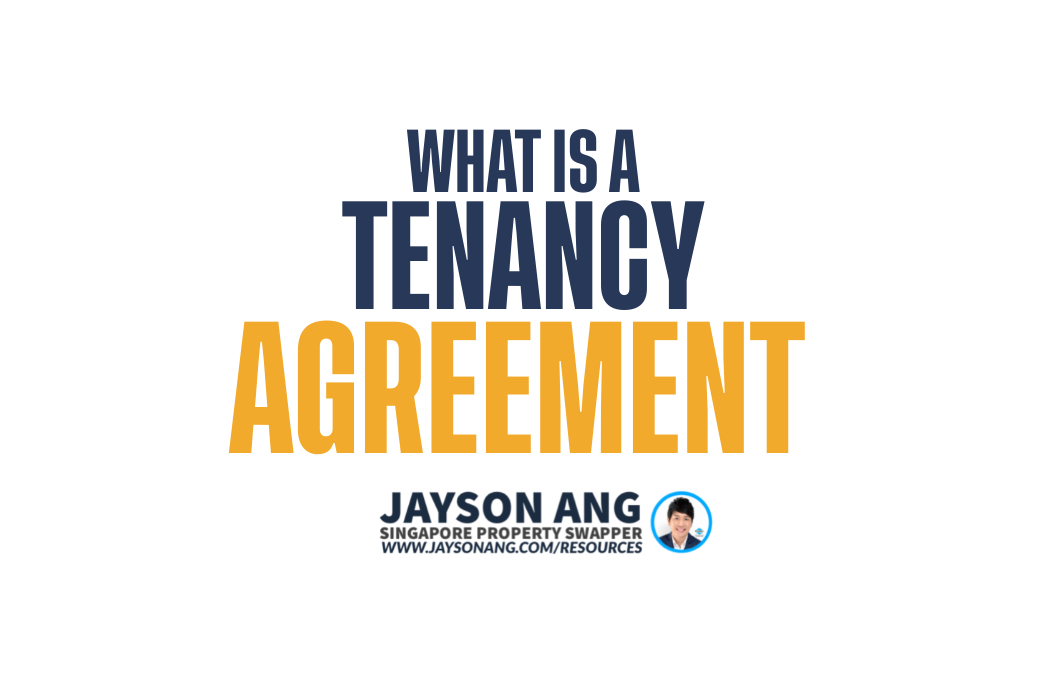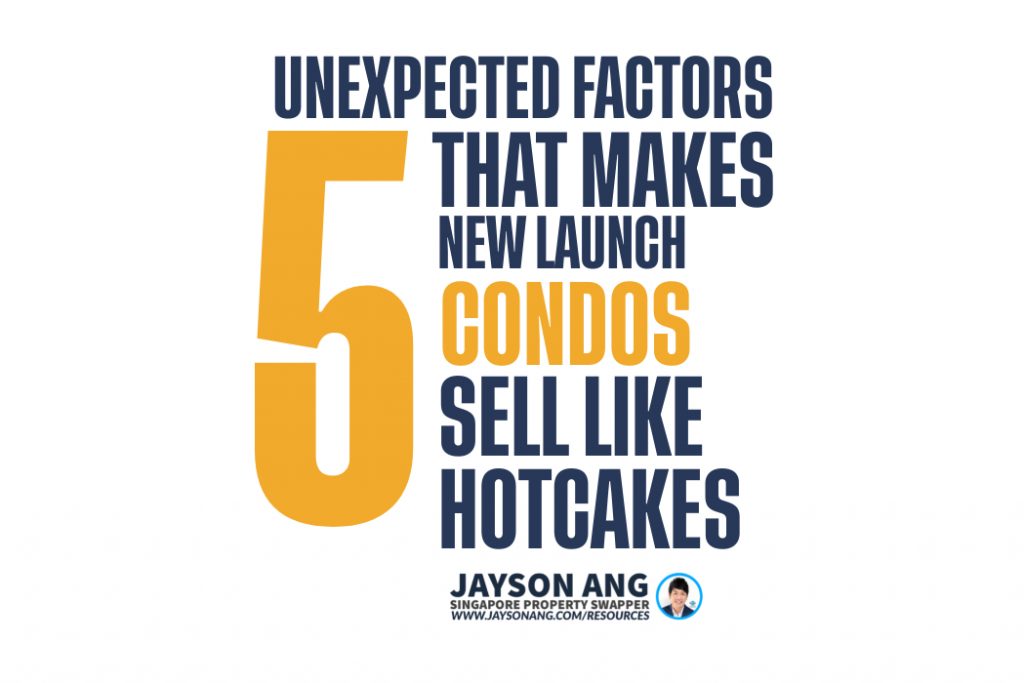TLDR
Understanding the crucial difference between an Offer to Purchase and an Option to Purchase (OTP) is vital when buying a property. An Offer to Purchase is a non-legally binding document where a potential buyer expresses interest in acquiring a property. It includes essential details like the property address, offered price, and option period. On the other hand, an OTP is a legally binding agreement that secures the property for the buyer. The Offer to Purchase influences the terms of the OTP, so it’s important to pay attention to its wording. Both documents play significant roles in the real estate transaction process, ensuring clarity and protection for both buyers and sellers.
If you’re buying a property, it’s important to understand the distinction between an Offer to Purchase and an Option to Purchase—often referred to jointly as the OTP.
In order to avoid confusion, we use the terms “Offer” and “Option” separately these days. Although they occur near each other in the real estate process, many buyers tend to mix them up.
Remember, the language in the Offer to Purchase could later influence the Option to Purchase, so it’s worthwhile to know the difference.
What is an Offer to Purchase?
If a potential buyer is interested, their real estate agent will craft an Offer to Purchase for the seller to accept or reject.
This formal document from the buyer expresses their sincere desire to acquire the property, and is not legally binding like the Option to Purchase.
The Offer to Purchase may include:
- The address of the property,
- The price it’s being offered for,
- The length of the Option to Purchase period (commonly known as the option period), which is typically 14 days for private properties and 21 days for HDB resale flats (though you can ask for a longer duration)
- Completion of the transaction, which is usually 8 to 10 weeks after the option has been exercised (though you can request more time).
- The Offer to Purchase must be valid for at least three days,
- And should include additional terms such as a 5% deposit.
- The phrase “subject to contract” will be elaborated on later.
The buyer’s agent typically drafts the Offer to Purchase, typically accompanied by a cheque for 1% of the purchase price as a deposit – commonly referred to as the ‘option fee’.
Once the Offer to Purchase is accepted and signed by the seller, they can then issue the Option to Purchase (OTP) to the buyer.
Should the seller opt to turn down the Offer to Purchase or no OTP being issued within the Offer’s set validity period, the buyer’s cheque must be sent back.
The seller should avoid banking the buyer’s cheque before signing the Offer, as this could unintentionally create a legally binding contract similar to an Option to Purchase (OTP).
It’s much clearer to just refer to it as the “Offer” and the “OTP” separately.
What is an Option to Purchase (OTP)?
The Option to Purchase (OTP) is the legally binding document to secure a property – and it doesn’t come for free! Generally, the cost of the OTP is 1% of the purchase price.
This offer is only valid for the duration of the OTP’s validity period (as stated in the Offer to Purchase).
So, if the buyer fails to exercise the OTP during that time, their 1% deposit will be lost.
The Wording Of The Offer To Purchase Can Have A Significant Impact On The Drafting Of The Option To Purchase – Make Sure It Counts!
In 2013, a famous resale condo incident made legal history; the Offer to Purchase stated that the “option period” was to be a mere “three days” as opposed to the typical 14 days.
When the seller issued the Offer to Purchase, they and the buyer agreed on a three-day option period that unfortunately fell during the Chinese New Year holiday, leaving the buyer in a tricky situation.
The buyer had paid the 1% option fee upfront and tried to exercise the option on the first working day following the holiday, only to find that the seller’s solicitor’s office was still closed.
Undeterred, the buyer tried again the next day, but unfortunately the seller rejected it, citing the expiry date had already passed and kept the option fee.
In the end, the Court declared that, despite the dilemma regarding the OTP, both the buyer and seller had created a valid contract for two key reasons : After the sellers signed and banked in the buyer’s cheque with no “subject to contract” clause on the Offer to Purchase, the transaction became legally binding.
After the episode, property agents are currently being extra careful to include the accurate term “subject to contract” in their Offer to Purchase.
This clause can prevent the Offer from being seen as a legally binding agreement, offering protection for both buyers and sellers before signing a valid OTP.
It’s important to pay attention to the Offer letter, since it can bring about complications concerning the Option to Purchase in the future.
Why Do We Still Need An Offer To Purchase?
It is generally a smart idea to go with the flow and send an Offer letter prior to the OTP, as this is the usual practice for all property agents – and for good cause.
On instruction from the buyer, the Buyer’s Agent issues an Offer to Purchase that allows them to set the conditions for the subsequent Option to Purchase.
For instance, if one is looking to upgrade from an HDB flat to a condo, and relies on the profits from the sale of their flat, specifying an extended OTP duration can provide more time to ponder over and accept the ideal offer for the flat.
If you’re planning to purchase a new HDB flat, it’s vital to have a clear understanding of the completion date stated in the offer letter.
Knowing exactly when the transaction will be finalized is essential for buyers so that you can start getting ready to move in. Plus, the sooner the resale completion date is, the sooner you’ll be able to access the proceeds to help fund your new home!
If you’re in the market for a new property, it’s always best to get your agent to draw up a formal Offer to Purchase if you’re interested in a property.
Ultimately, this is included in the agent commission that you’ll pay when the deal is finalized!
Should You Buy, Sell or Wait?
If you’re reading this, you must be trying to figure out the best course of action right now: is it the right time to buy or sell?
It’s difficult to give an exact answer since everyone’s situation is unique and what works for one person may not necessarily work for you.
I can bring you a wealth of on-the-ground experience and a data-driven approach to provide clarity and direction. From beginners to experienced investors, our top-down, objective approach will help you on your real estate journey.
I can help you by:
- Offering Strategic Real Estate Advice – I can help create a comprehensive plan to guide you through your property journey.
- Connecting Your Home with the Perfect Buyers – Through stunning visuals, an effective communication strategy, and an in-depth knowledge of the market, we’ll ensure your home is presented in the best possible way to fulfill your goals.
You May Also Like …








































































